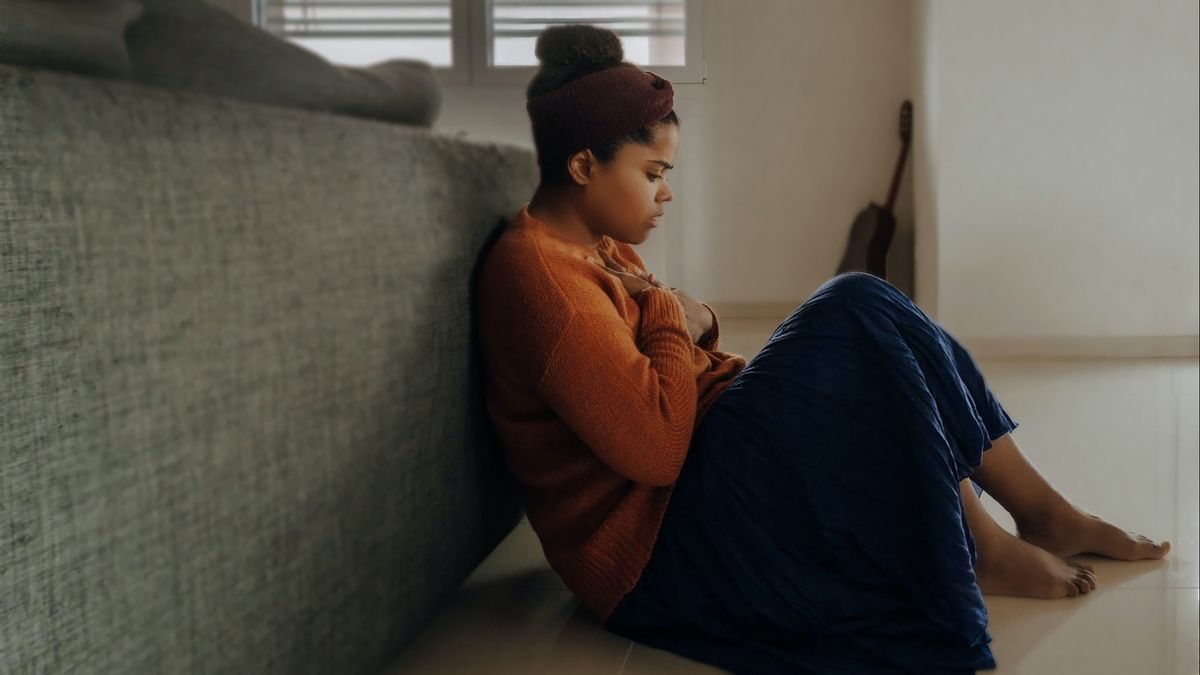JAKARTA - Nowadays, whether we realize it or not, we may hear more and more complaints from teenagers who feel anxious. Unfortunately, it's not just because of following the trend -- as many people think -- just. The latest and greatest research on the mental health of young people (aged 18 and over) during the pandemic validates it.
Research published by JAMA Pediatrics on August 9 found that the mental shock of young people during the pandemic is becoming increasingly significant. Research shows that 1 in 4 young people worldwide struggle with clinically elevated symptoms of depression. While 1 in 5 people have signs of increased anxiety or anxiety.
The figures show that youth depression and anxiety have doubled worldwide during the pandemic. "At first most people thought COVID-19 would be difficult but believed things would improve over time, as adjustments occurred. But the pandemic continues. Young people feel they are missing out on many milestones in their lives," said Sheri Madigan, who wrote the study.
The research summarizes data from more than 29 studies involving more than 80,000 young people in Asia, Europe, North America, Central America, South America and the Middle East. His analysis showed that teens and older women experienced the highest levels of depression and anxiety during COVID-19.
Why are youth more vulnerable?There's a reason why teens are more prone to depression and anxiety today. Jill Emanuele, a senior director at the Center for Mood Disorders at the Child Mind Institute, United States once told HuffPost.
Emanuele explained, the "demands" of the future of youth are the cause. The "laws of nature" imply that this young man must become an independent person and be able to face life in the real world. However, many of them are unable to do that.
"As the pandemic continues, young people miss many milestones in their lives. It lasts for more than a year, and for young people it is a very important period in their lives," said psychologist Madigan from the University of Calgary.
Meanwhile, Nicole Racine, who led the study, said when a person enters adolescence, they begin to compare themselves with their family members. "And their friends can actually be the most important source of social support."
Racine and his colleagues note that rates of depression and anxiety tend to fluctuate with restrictions during COVID-19. "Depression increases when teens are distanced from their peers and routines."
The English, Chinese, Japanese, Arabic, and French versions are automatically generated by the AI. So there may still be inaccuracies in translating, please always see Indonesian as our main language. (system supported by DigitalSiber.id)













